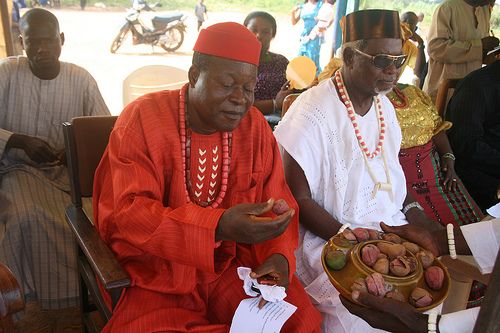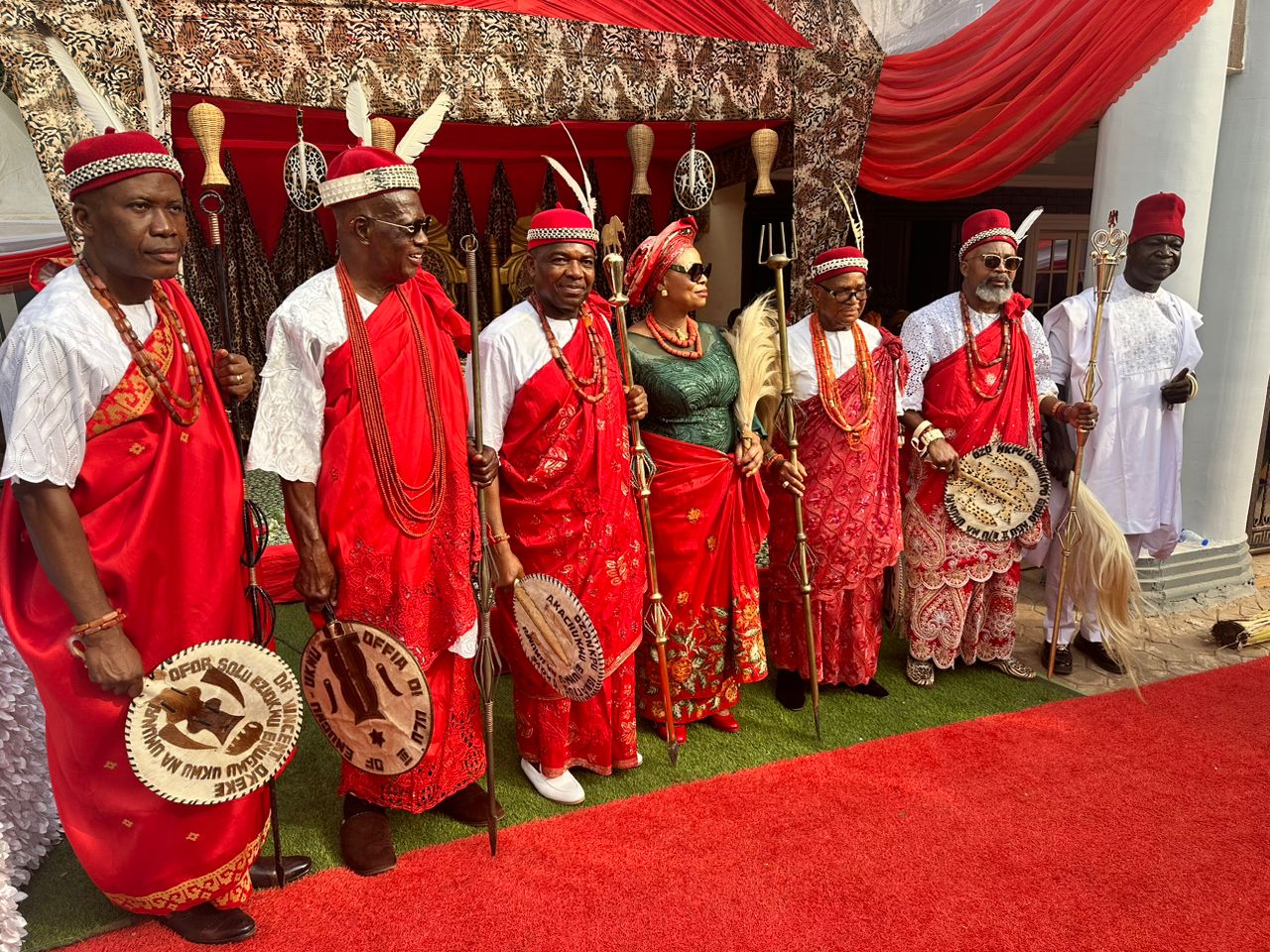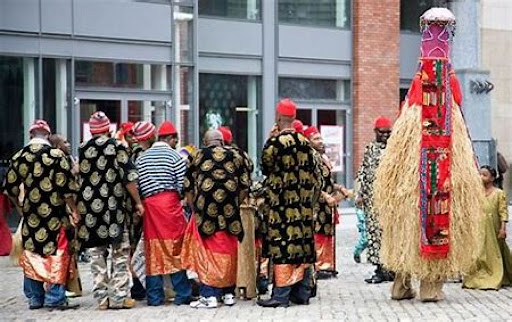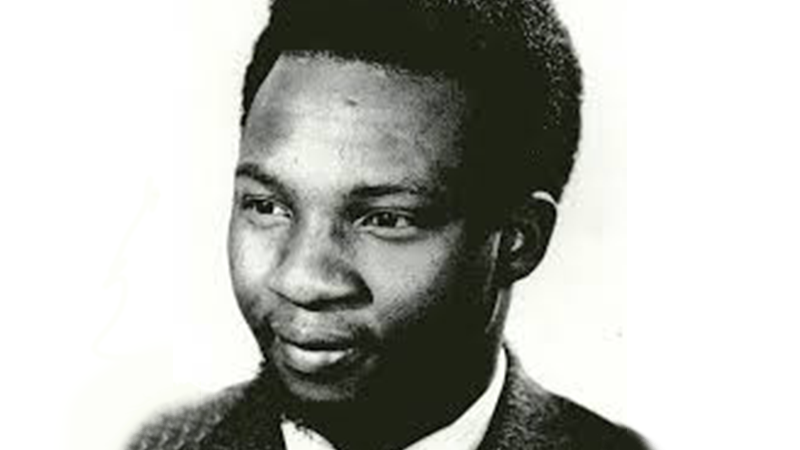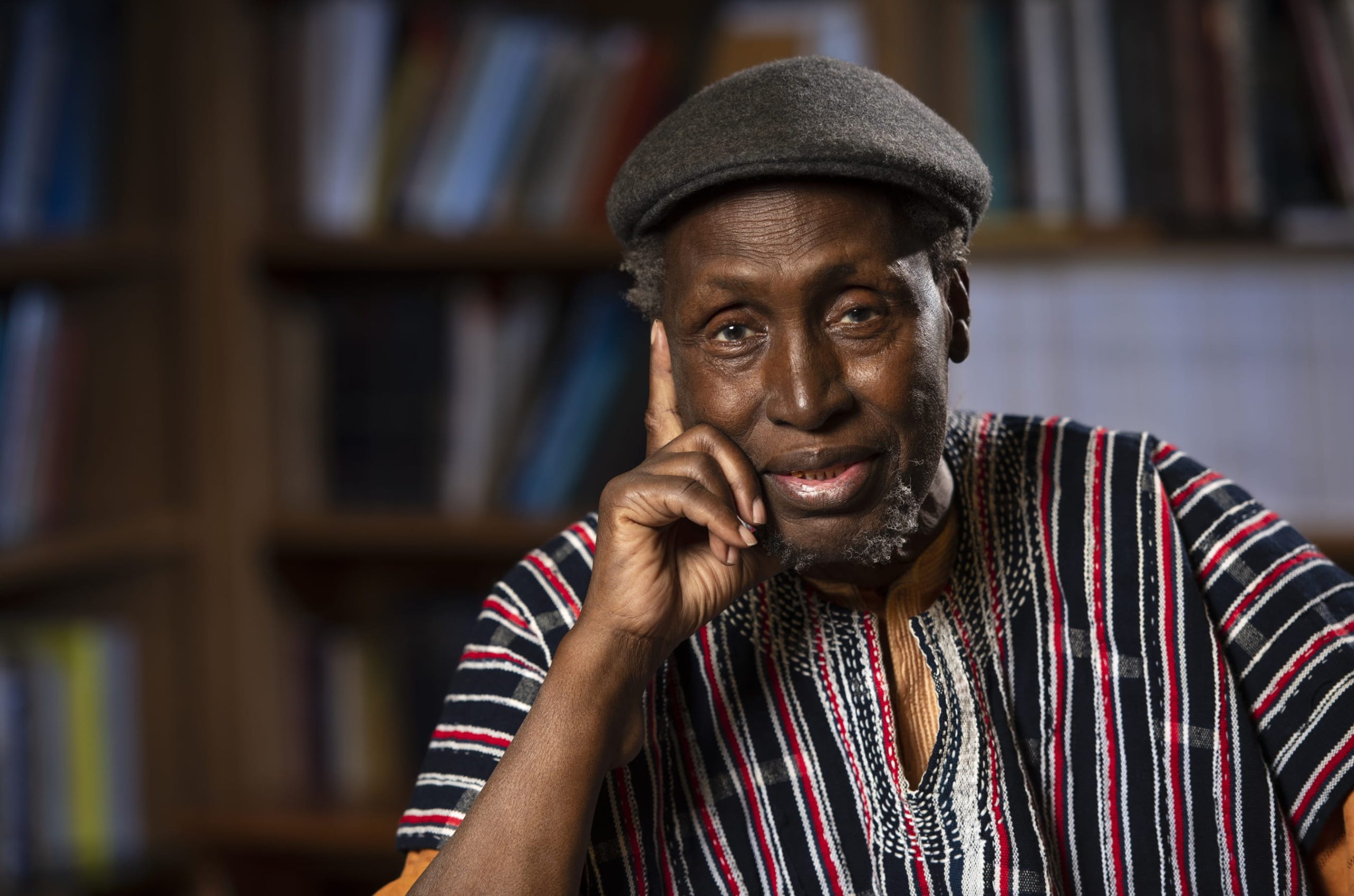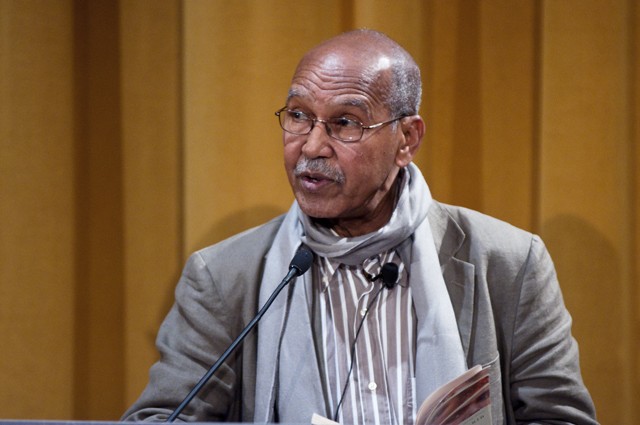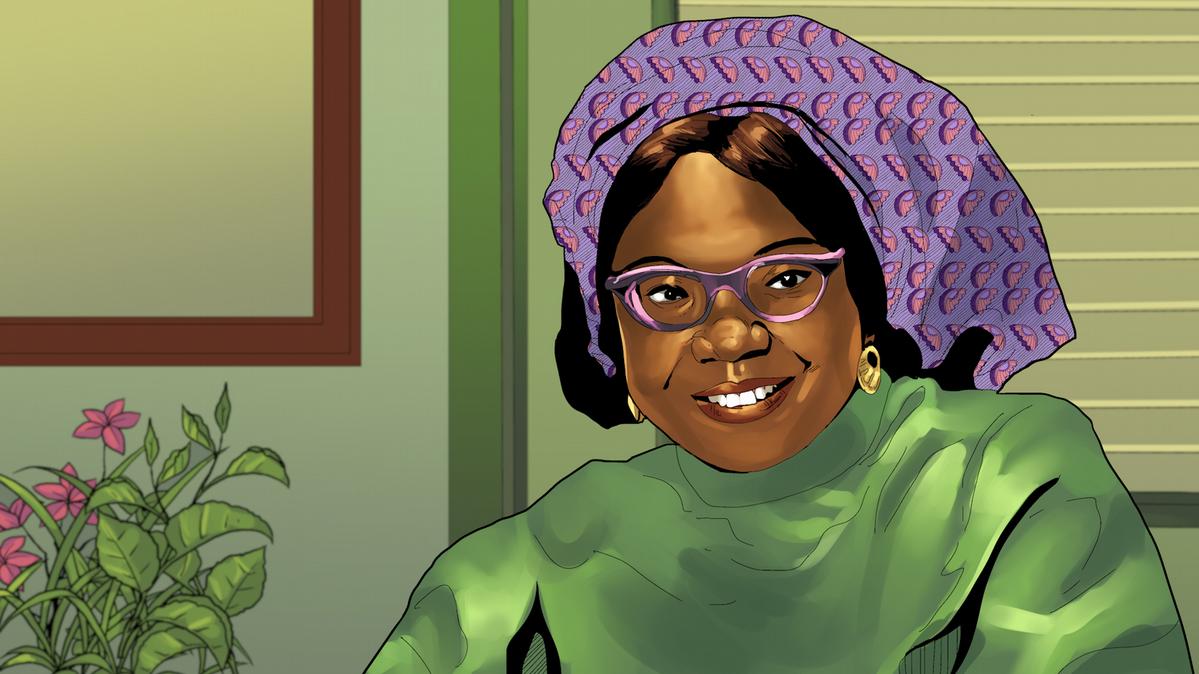The Kolanut Ceremony: A Pillar of Igbo Culture
For the Igbo people of southeast Nigeria, the Kolanut Ceremony is a major traditional event representing hospitality, solidarity, respect, and spirituality. Deeply ingrained in Igbo cosmology and social life, this ancient ritual embodies the ideals and ideas that have led the Igbo for millennia. The ritual consists of presenting, cracking, and distributing the kolanut, a holy nut with great importance in Igbo tradition. This thorough piece explores the Kolanut Ceremony's history,…
